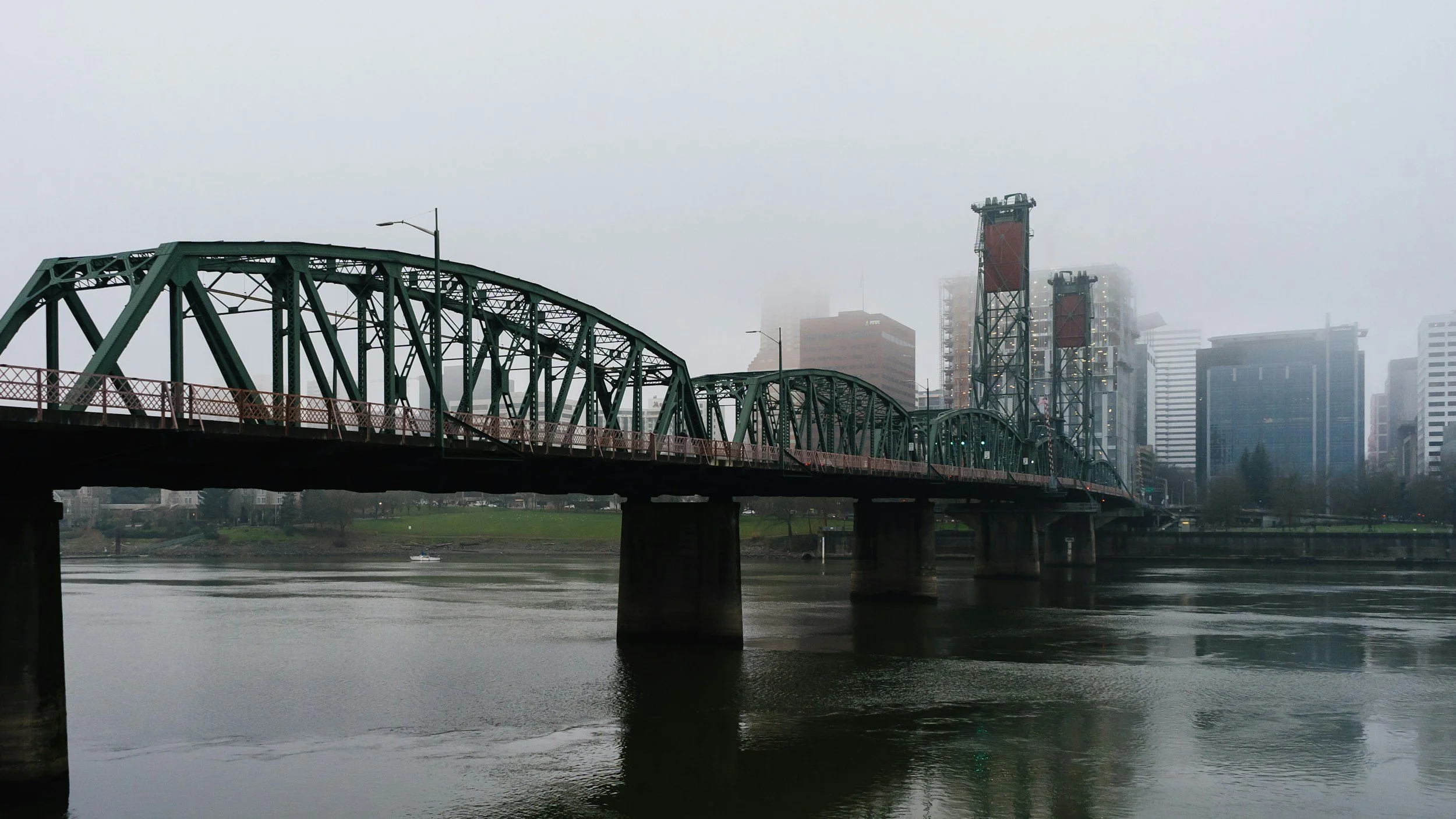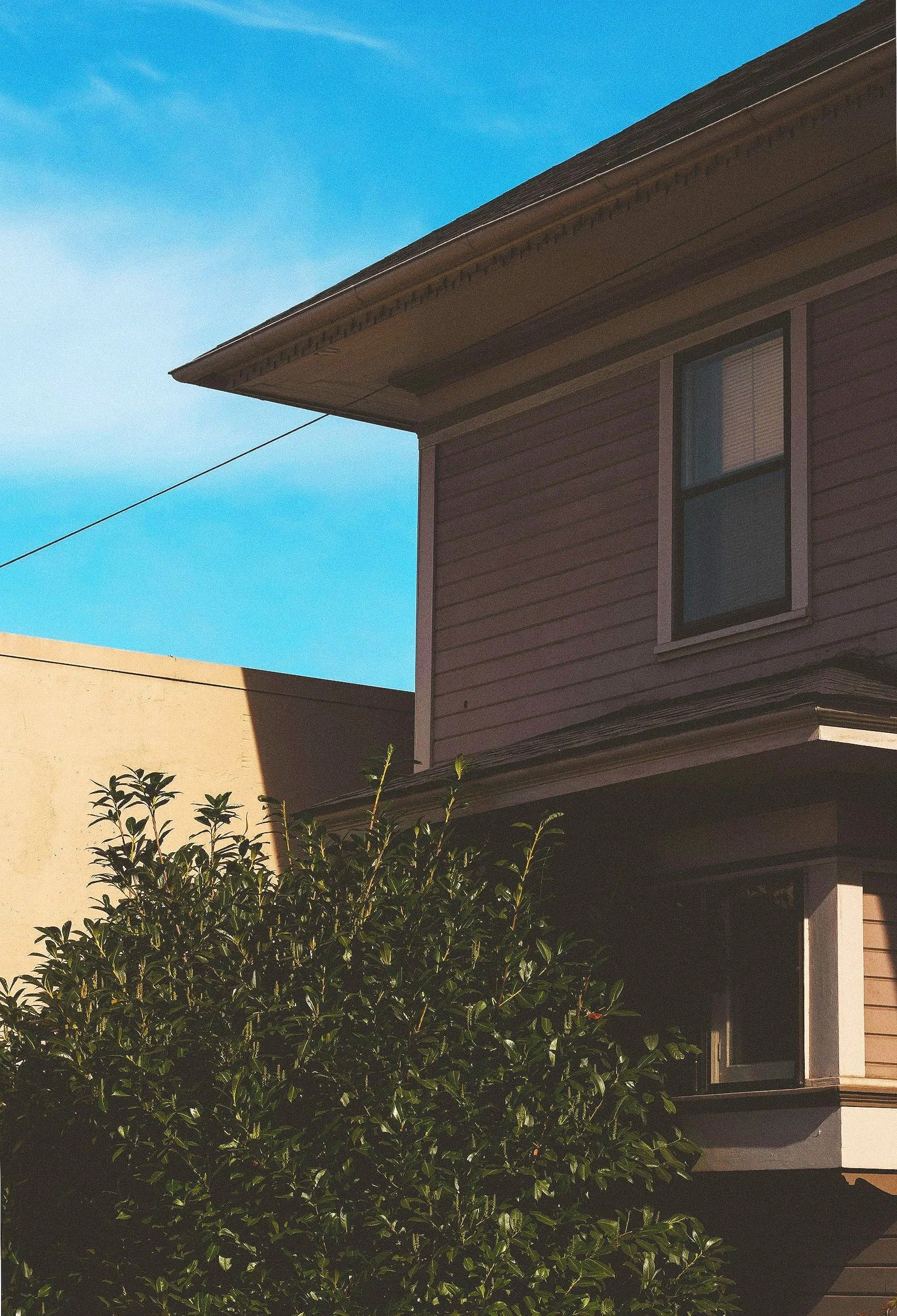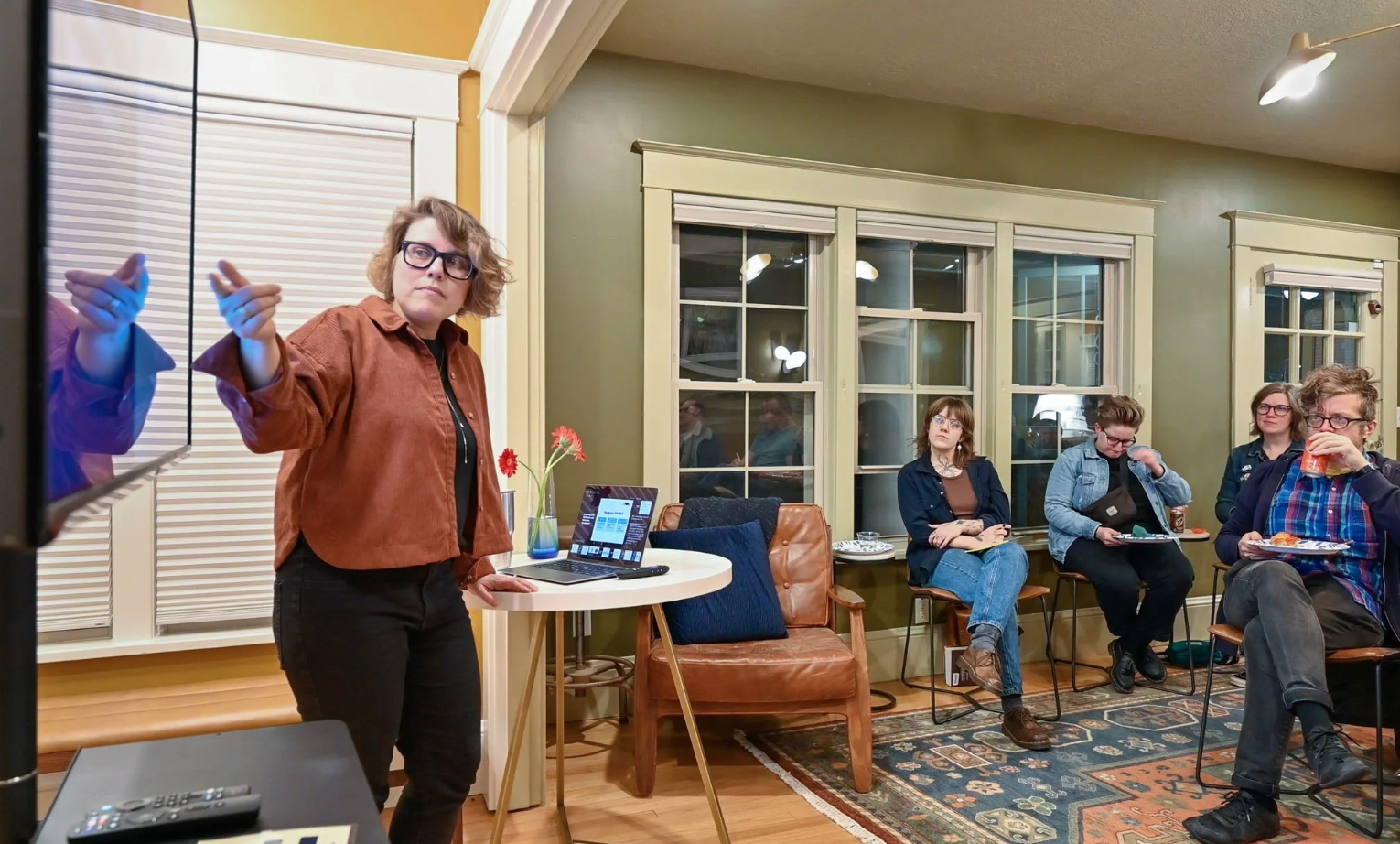From East to West: A Complete Guide to Relocating to Portland from the East Coast
Making the cross-country move is like diving headfirst into uncharted waters – thrilling, slightly terrifying, and absolutely life-changing. Having relocated from the East Coast to Portland myself, I've lived through this journey and now help my clients navigate it too.
When I first landed in Oregon from Boston several years back, the differences hit me immediately. Everything moved at a different rhythm. The coffee scene was on another level (seriously, so much better). Even the rain wasn't what I expected – instead of those dramatic East Coast downpours, Portland serves up this gentle, persistent mist that locals just shrug off.
Weather Adjustment Is Absolutely A Thing
Let's address the elephant in the room – Portland's infamous rain. But here's the thing: it's not what your East Coast buddies will warn you about. We actually get less total rainfall than New York or Boston; it's just lighter and spread across more days. The trade-off? Summers here are absolutely perfect – forget humidity (no more peeling yourself off leather seats!), temps rarely climb past 90°, and the landscape stays gorgeously green year-round.
Insider tip: Skip the umbrella and invest in quality rain jackets!
Real Estate Reality Check: East Meets West
If you're relocating from New York or Boston, Portland's housing market might feel like a breath of fresh air price-wise. Coming from other East Coast regions? You might experience some sticker shock. Portland's median home price sits around $550,000, which buys you considerably more space than major East Coast metros but potentially less than you'd get in suburban areas back home.
What makes Portland's market special is the architectural variety. From charming Craftsman bungalows to stunning mid-century moderns to contemporary condos, each neighborhood has its own distinct character and style.
Finding Your Portland Neighborhood Match
One major adjustment for East Coasters is wrapping your head around Portland's geography. The Willamette River splits us into east and west sides, with further divisions into quadrants (actually five, because Portland loves being unique).
Based on my experience with East Coast transplants, I always recommend they intricately explore Portland neighborhoods before settling into one.
Portland’s neighborhoods differ greatly from one quadrant to another. Some are filled with charming, tree-lined streets, while others embrace a sleek, urban vibe. Certain areas offer spacious lots and a more private feel but might require a car for convenient transportation. In contrast, other neighborhoods are flatter and highly walkable. Given these distinct differences, here are a few tips to try as you decide which area to call home:
Figure out your neighborhood priorities. Is it important to be walkable, surrounded by parks, nearby good restaurants? Once you’ve nailed down your top 5 priorities in a neighborhood, use Urban Nest’s neighborhood guide to help you decide which neighborhoods to start comparing.
Make sure to do a few in-person visits to each neighborhood you are considering, is important to get a feel for how you feel being there. Check out which restaurants, grocery stores and parks you would be surrounded by. I especially recommend visiting at different times of day!
If deciding on the right neighborhood feels difficult, I often suggest clients start by short-term renting in the area they're considering. This approach offers a real, hands-on experience of daily life in the neighborhood. Living there day-to-day can reveal important insights and nuances that simply aren’t apparent during a brief visit. It’s a smart way to ensure your future home truly feels like the right fit.
Navigating Portland's Social Landscape
Portlanders are genuinely friendly but somewhat reserved – that "Seattle Freeze" reputation extends down here, though is a touch milder. Don't expect instant deep friendships, but people will be helpful and kind. The indirect communication style might feel odd if you're used to the more straightforward East Coast approach.
Other cultural observations worth noting:
Politics skew progressive, often more so than many East Coast cities
Casual dress is standard everywhere – it’s common for people to show up to upscale restaurants in jeans and sneakers without batting an eye
The dining scene is outstanding but emphasizes fresh, creative ingredients over formal atmosphere
Locals will absolutely judge you for staying inside on a sunny day (trust me!). Many feel that outdoor activities aren't optional – they're practically mandatory to take advantage of nice weather.
Making Your Move Smooth
After working with numerous cross-country relocators, here's what actually works:
Begin your home search 4-6 months ahead of your target move date
Seriously consider a short-term rental initially so you can explore neighborhoods before committing
Connect with a knowledgable local Realtor who will educate you on what to know during a purchase in the PNW. Common problems, laws and best practices are quite different from other areas of the country so it’s important to know what to expect during your home purchase.
Ship your car instead of driving – road trips sound romantic but they're exhausting when you're also managing a major life transition
Ruthlessly pare down your belongings – Portland homes typically offer less storage than comparable East Coast properties
The Mental and Emotional Side
Here's what nobody tells you: the logistics aren't the hardest part – it's the emotional adjustment. Even when you're genuinely excited about relocating, you'll experience some grief for what you've left behind. My clients who flourish here are the ones who acknowledge those feelings while actively creating new connections.
Get involved in recreational groups, sign up for classes that interest you, volunteer somewhere meaningful, or find meetup groups around your hobbies. Portland has communities for literally everything – from urban beekeeping to gaming leagues.
Why I'd Do It All Over Again
Looking back on my own cross-country leap years later, it remains one of my best life decisions. There's something truly special about calling home a place where you can hit the slopes in the morning and catch a show downtown that evening, where neighborhoods maintain genuine community feel, and where creativity and tradition blend seamlessly.





